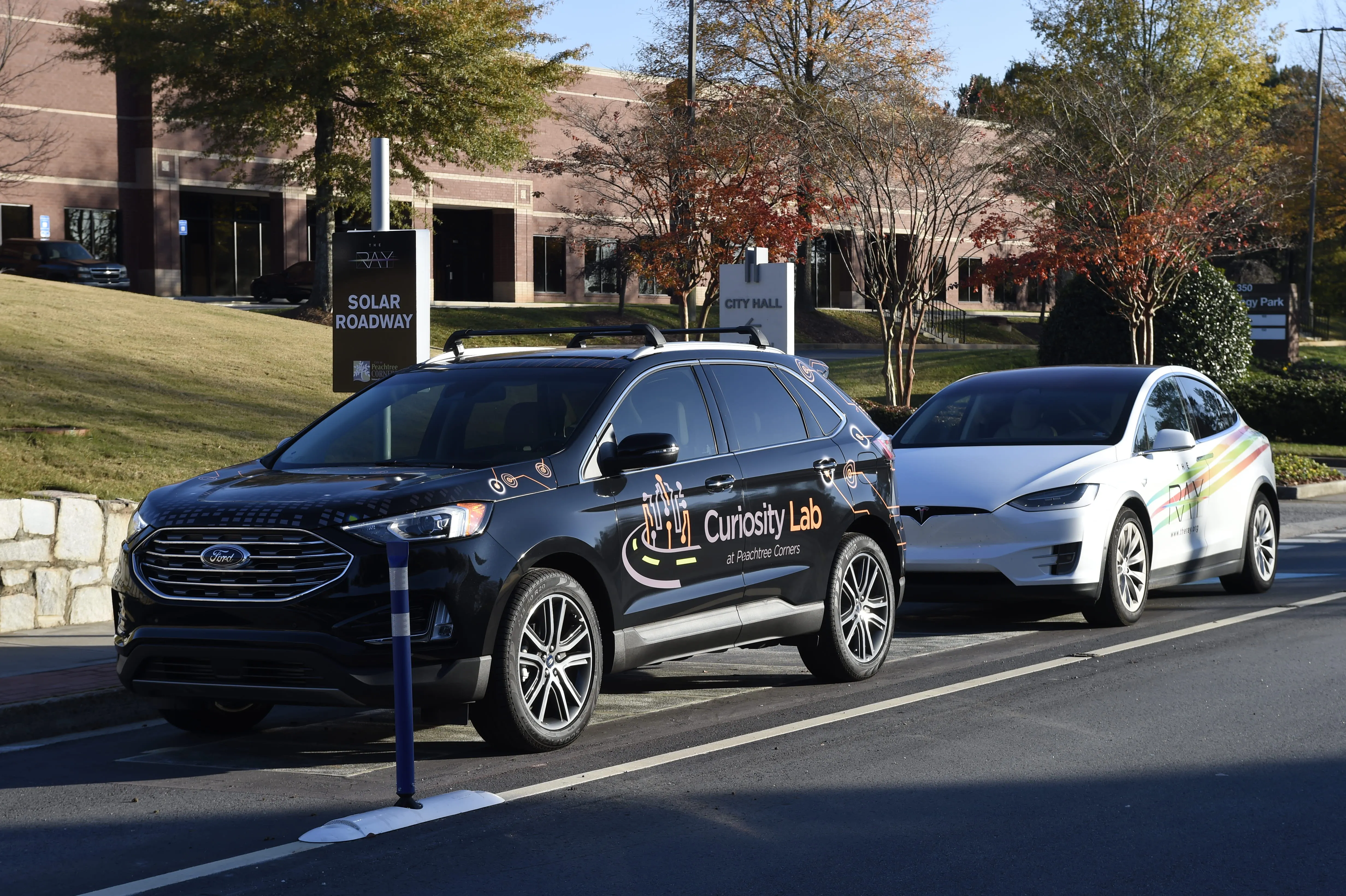GE Energy Industrial Solutions has finalised an automotive original equipment manufacturer (OEM) agreement for the sale and distribution of the GE WattStation wall mount electric vehicle (EV) charging station with EV manufacturer, Coda Automotive.
March 23, 2012
Read time: 1 min
TheWattSation, a fast, easy-to-use Level 2 EV charger, significantly decreases the time required to fully charge an electric vehicle compared with a Level 1 charger. The Coda five-passenger, mid-size sedan is equipped with a 36 kWh battery pack that enables a fully charged Coda to go up to 150 miles. The company provides a 10-year, 100,000-mile battery warranty and a US base price of $39,900.
“This milestone is another step in GE’s journey to lead the future of global electrification,” said Luis Ramírez, CEO of GE Energy Industrial Solutions. “As demand for the GE WattStation continues to exceed our expectations, bringing our products closer to the customer will help accelerate the adoption of electric vehicles.”









